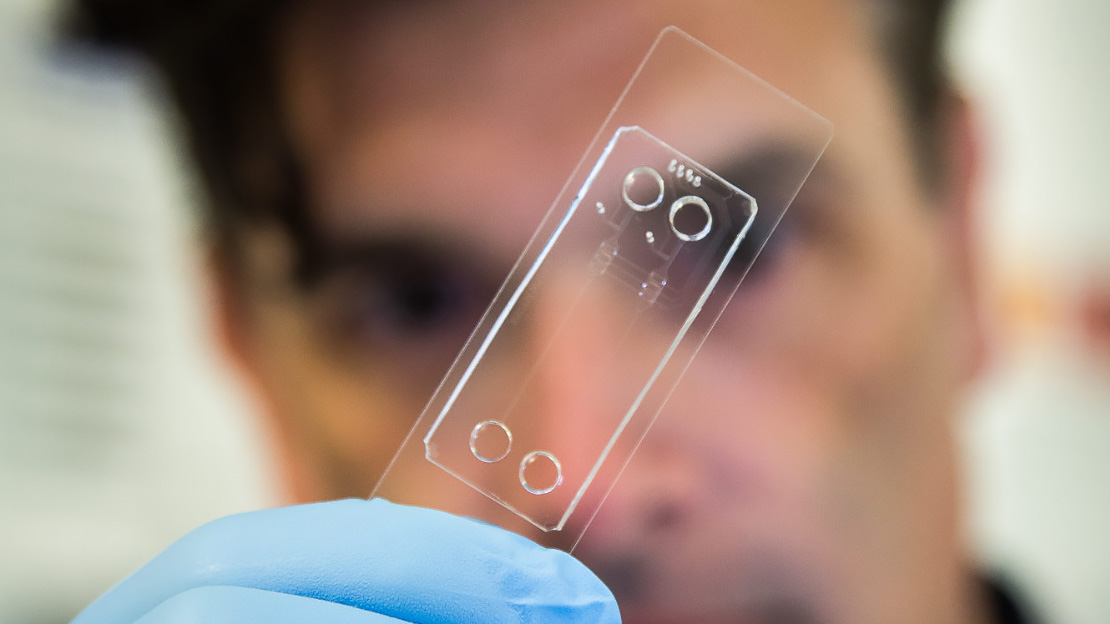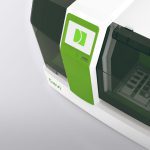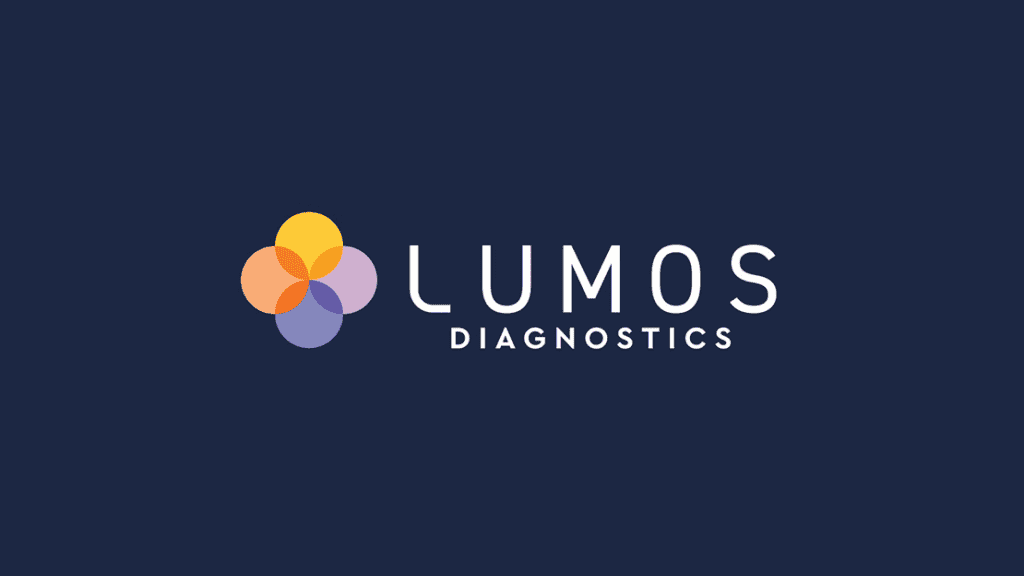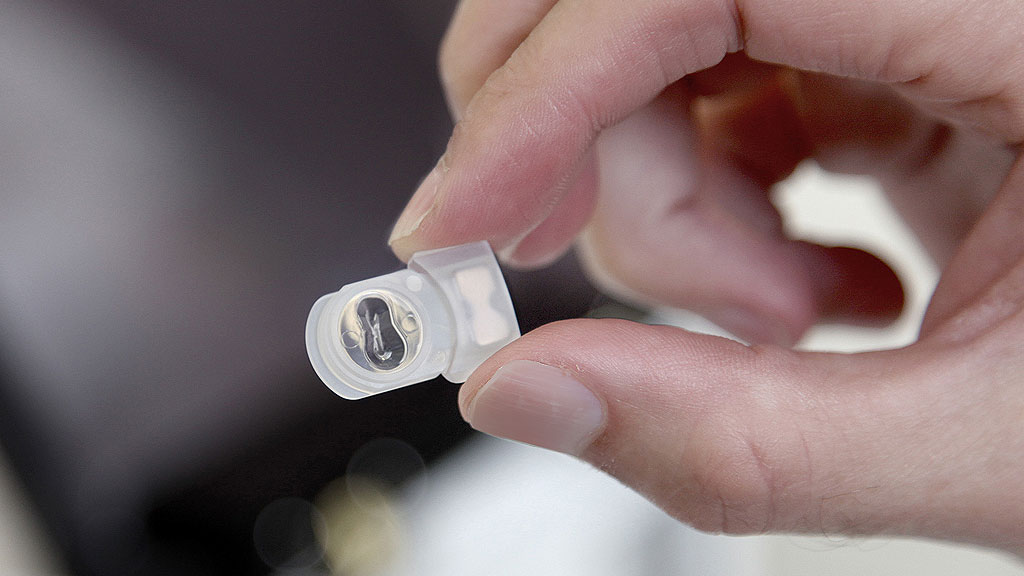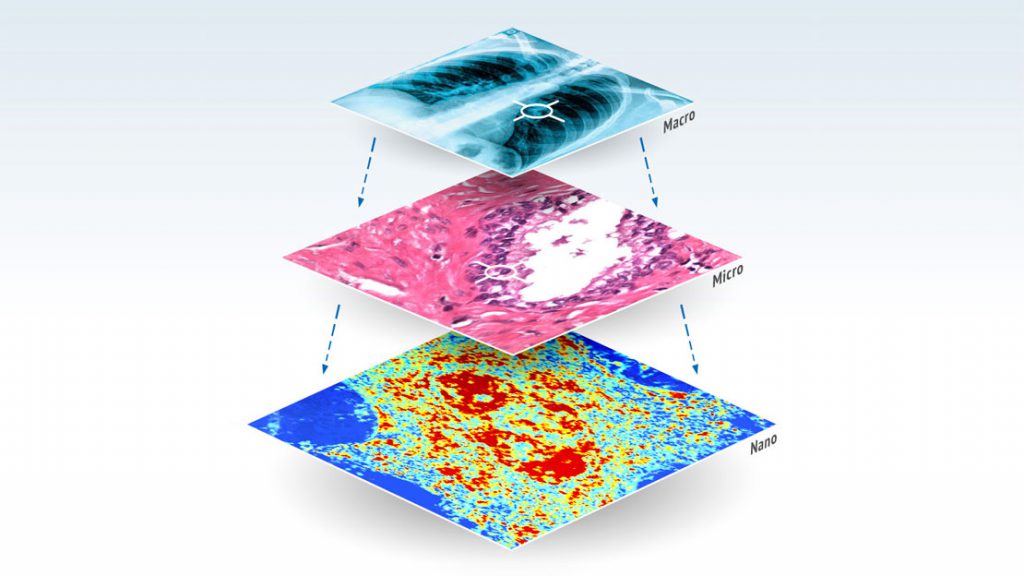
An RMIT University researcher working with PI on technology that can test patients for bleeding or clotting disorders has been awarded more than AU$650,000 in NHMRC funding.
Dr Warwick Nesbitt, a Vice-Chancellor’s Senior Research Fellow at RMIT, is developing a tiny microfluidic analyzer to examine the function of blood platelets – the blood cells that help your body form clots to stop bleeding.
The device, which is not much bigger than a postage stamp, contains a series of micropumps and valves that replicate the blood flow conditions found at sites of cardiovascular diseases. When a blood sample is loaded into the device, these conditions trigger the blood platelets to form a clot. By analyzing the size of the clot and the time it takes to form, clinicians can determine if a person is prone to blood clots and thus at risk of heart attack or stroke.
Dr Nesbitt said while there were other blood platelet function analyzers on the market, this would be the first to harness blood flow conditions.
“Our device differs from existing technologies in that it mimics the pathological blood flow environment found in blood vessels. This means that it’s more representative of what happens in the body, and is therefore more selective and sensitive,” Dr Nesbitt said.
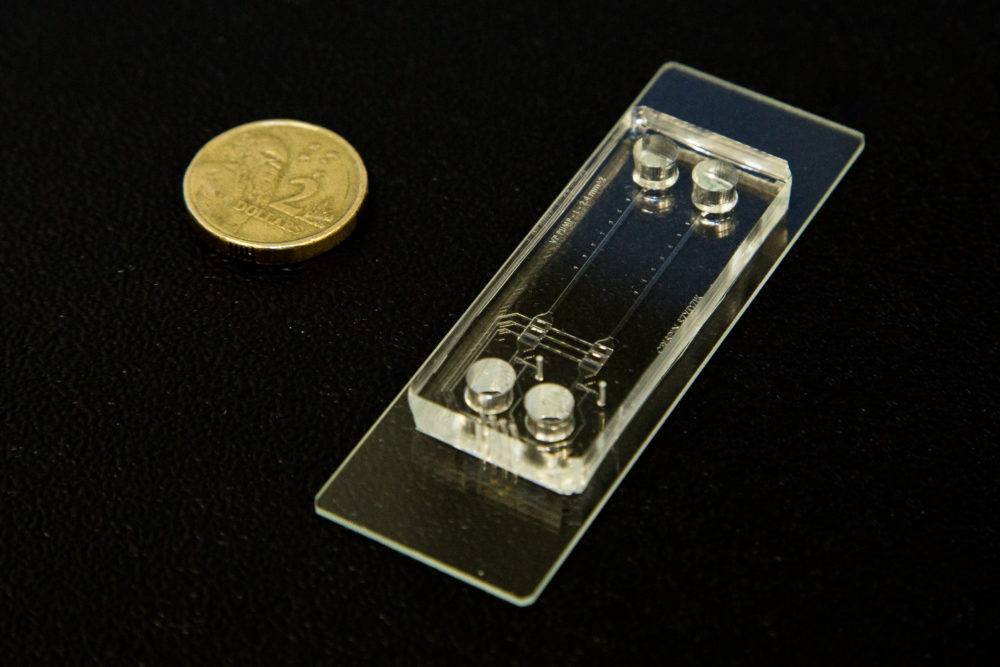 The tiny microfluidic chip. (Photo: RMIT)
The tiny microfluidic chip. (Photo: RMIT)
The device can also be used to diagnose patients with bleeding disorders such as Von Willebrand disease, as a pre-clinical testing tool for new anti-clotting drugs, and as a way for surgeons to screen patients for blood thinning drugs before operating (as the presence of the drugs could lead to uncontrolled bleeding).
“The device will be modular, allowing users to combine the components for whatever test they want to do. There will be different versions for bleeding, clotting and drug screening,” Dr Nesbitt said.
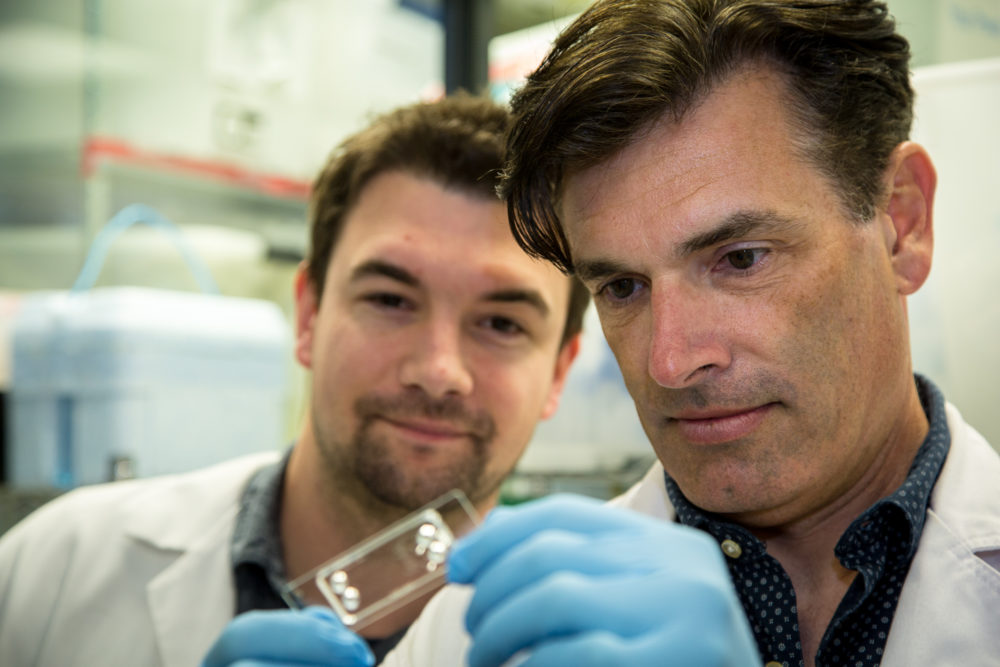 Dr Warwick Nesbitt (right) and PhD student Crispin Szydzik. (Photo: RMIT)
Dr Warwick Nesbitt (right) and PhD student Crispin Szydzik. (Photo: RMIT)
The NHMRC (National Health and Medical Research Council) grant will go towards further automating the chip and moving it from a benchtop prototype to a more compact point-of-care device.
The prototype currently requires a microscope to analyze the platelet function in the device, but this will be replaced by adapting Planet Innovation’s existing optical reader.

